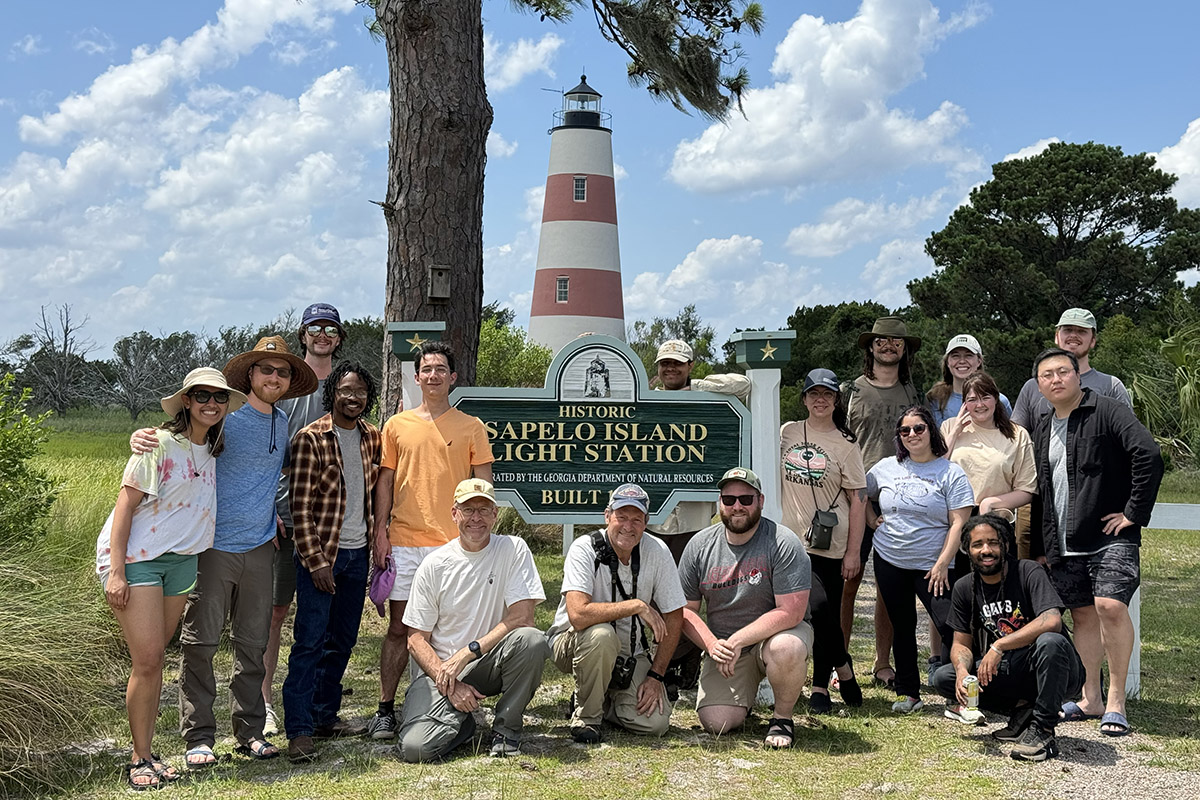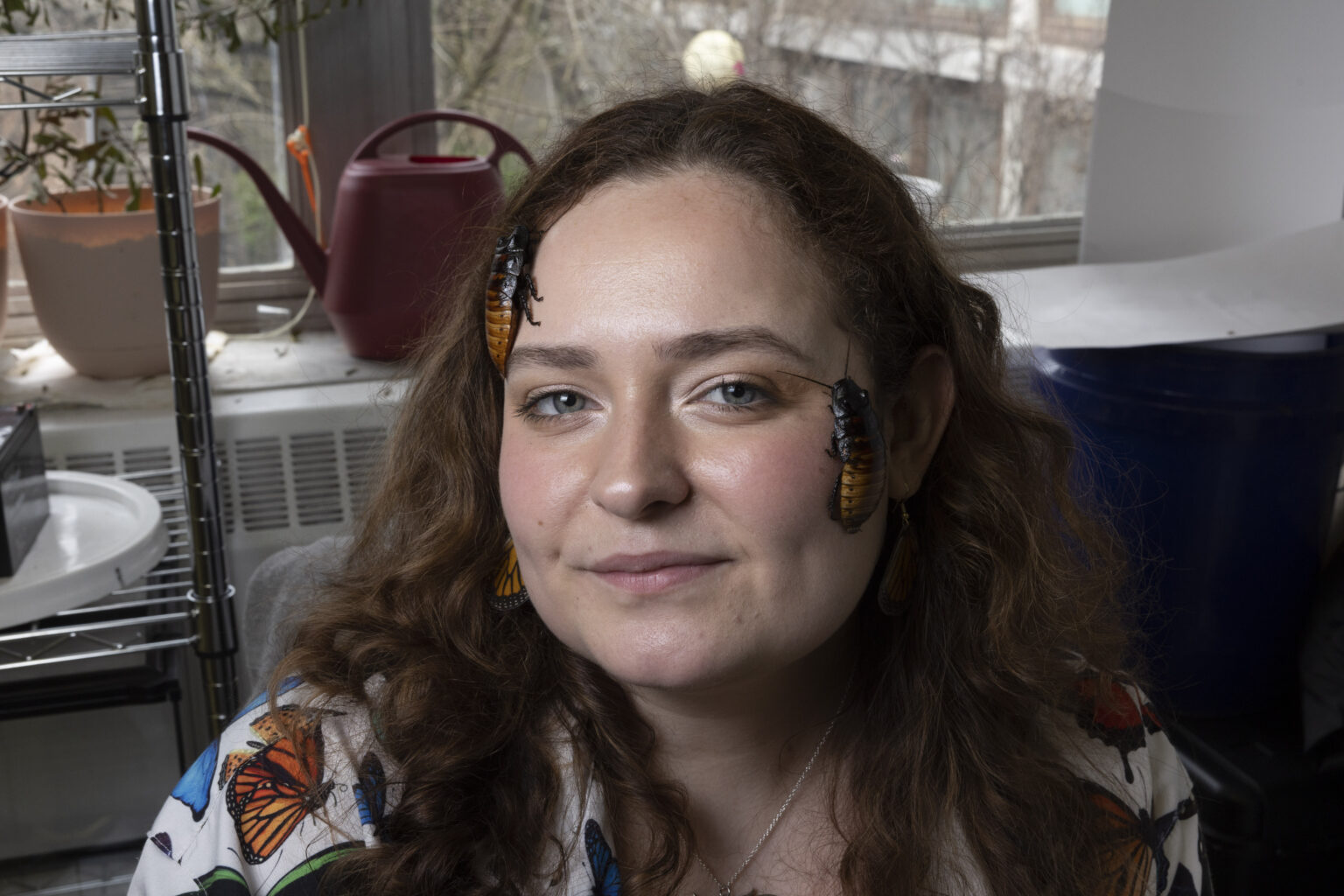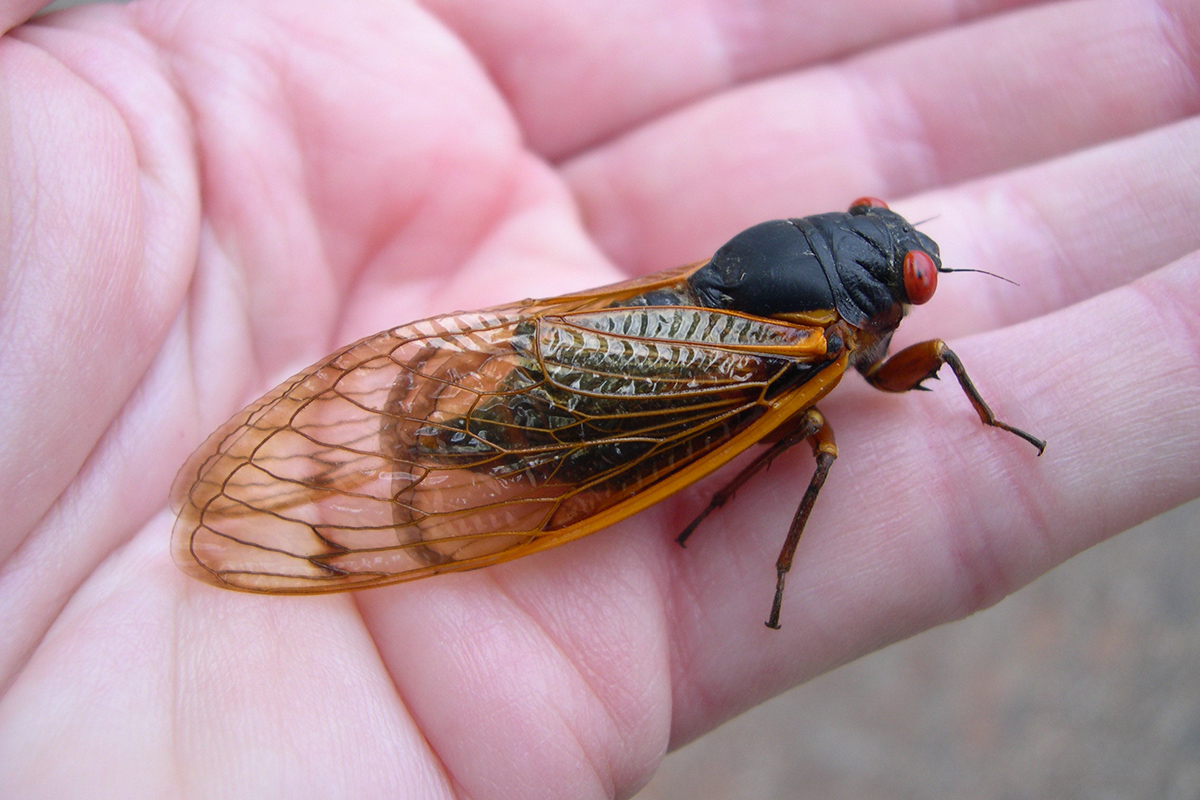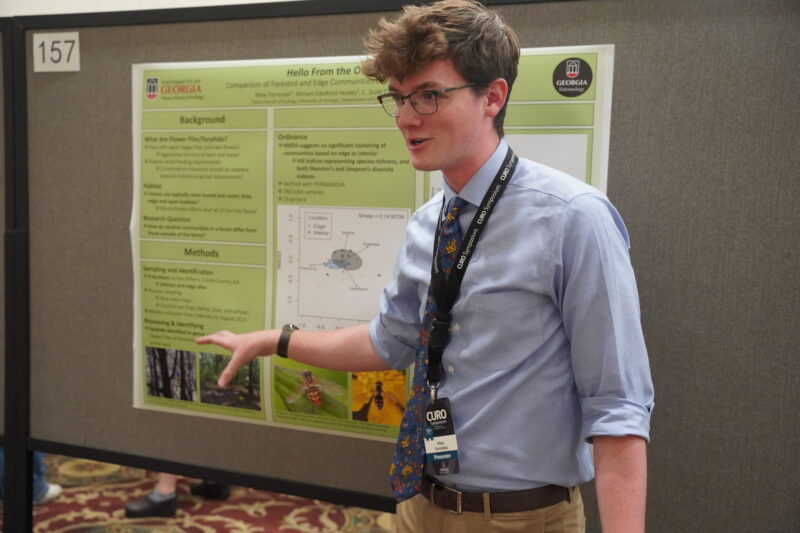 CAES News
CAES News
Pearl Millet for Pollinators
Pearl millet, an annual grass used for grain and forage, can be a good food source for honey bees and hover flies, according to a recent study. The U.S. Department of Agriculture Agricultural Research Service and University of Georgia College of Agricultural and Environmental Sciences researchers studied the impact of pearl millet as a source of insect food by surveying insects collecting and consuming the sucrose-rich pollen of this crop.





